India must continue to keep out of Iran-Saudi conflict
Mon 23 Apr 2018, 12:10:11
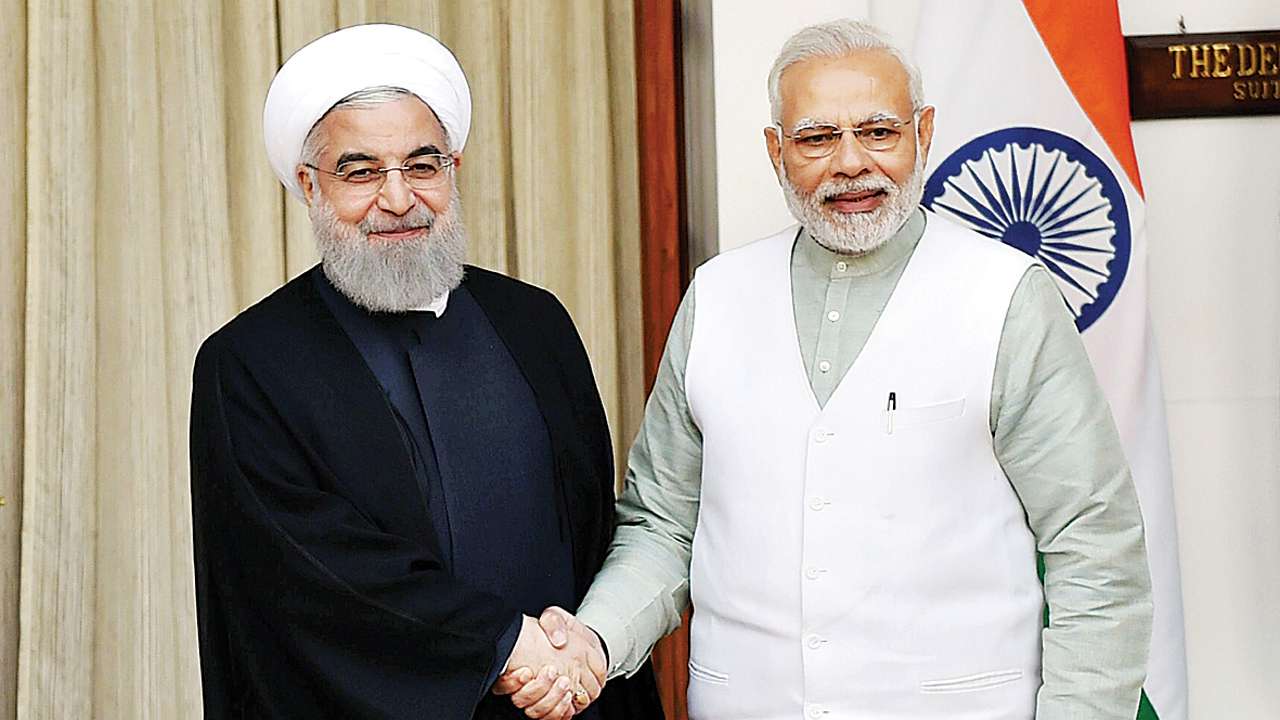
In the last 70 years since India’s independence, if there has been one big plus point of the country’s foreign policy, it is the policy of ‘non-alignment’. India has used its non-aligned credentials for its own self-interest, which has served it well. At the time of the Cold War, non-alignment helped India to reject the Cold War bloc-politics and cordial relations were maintained with both the superpowers — USA and the then Soviet Union. Non-alignment also helped India to refrain from taking sides in any international or regional conflict.
One such regional conflict has been between Saudi Arabia and Iran. Shia dominated Iran and Sunni dominated Saudi Arabia have been at loggerheads since the 1979 Iranian revolution. In the last four decades, tensions between these two countries have only grown. Both these countries have specific set of allies, who also have an adversarial relationship with each other. This makes the geopolitics of West Asia quite volatile.
For India, the good thing is that it has been able to maintain good relations with both the countries by being a ‘passive player’ in the region. This is because, openly siding with any one of the two countries would be extremely detrimental to its national interest. In fact, India’s interests lie in the resolution of the Iran-Saudi conflict as any direct conflict between the two would have a significant impact on it.
The first impact would be on the millions of expatriate Indians living in the region, who would directly get affected in the case of a war between the two countries. Their lives would be at stake and the government would have a huge task at hand if it came to rescuing Indian nationals from a regional conflict. Secondly, India would incur a huge financial loss, amounting to billions of dollars in the area of oil and gas supplies.
What would happen is that a conflict would lead to interrupted oil production, shooting up oil prices, thereby affecting the prices of other goods and commodities. This would leave a major impact on many sectors of the Indian economy, including transportation, manufacturing and refining.
Third, India currently has very high stakes in both countries. In Iran, India has invested in Chabahar Port, which ensures a transit route for India to Afghanistan and resource-rich Central Asian countries bypassing Pakistan. Also, the International North-South Trade Corridor (INSTC), which passes through Iran, has the potential to
cut down the freight time to Europe by half and bring down the trade cost for the benefit of India.
With the operationalisation of INSTC about to start in a few months’ time, India’s stakes in Iran have become even bigger. These issues were discussed when Iranian President Hassan Rouhani came to New Delhi and met Prime Minister Narendra Modi in February this year. India is fully committed to the operationalisation of the INSTC project because if it becomes profitable, it could be an answer to China’s One Belt and One Road (OBOR) initiative in the region.
But while India is wooing Iran, it also has to ensure that China doesn’t woo Iran and Saudi Arabia with its ability to invest huge sums in the region. If that happens, India’s trade interests and larger economic interests are bound to get affected. Also, India’s stakes in Saudi Arabia are no less than it is in Iran. Saudi Arabia, which is a part of GCC (Gulf Cooperation Council countries), has good cordial relations with India, especially of late.
Bilateral ties between the countries are getting stronger with India’s rise as an emerging power in the international system. The Saudis recognise India’s status and have chosen to ally with it. For India, this is a ‘win-win’ situation as both Iran and Saudi Arabia want to have good relations with India.
India has shown its ability to manoeuvre between adversaries successfully many times in the past. For instance, it has managed to keep good relations with both Israel as well as Palestine, with Russia as well as the US so far. Because of these instances, it is known in the world as a ‘balancing power’. Both the Iranians and the Saudis know that India would never want to choose one over the other.
This is the ideal situation which India wants to operate in but the question arises, if there is a war or a major conflict between Iran and Saudi Arabia, what would, and should be, India’s stand? At that time, India would need some ‘deft diplomacy’ to make sure that both Iranians and Saudis understand that New Delhi’s relations with either one of them do not come at the expense of the other. Its economic interests are just too huge for it to allow that.
Today, as the US and other countries build up pressure on Iran, India needs to show Tehran that it is a friend, but not commit itself to anything specific. India’s non-aligned approach has worked well in the past and should work well in the future, too.
One such regional conflict has been between Saudi Arabia and Iran. Shia dominated Iran and Sunni dominated Saudi Arabia have been at loggerheads since the 1979 Iranian revolution. In the last four decades, tensions between these two countries have only grown. Both these countries have specific set of allies, who also have an adversarial relationship with each other. This makes the geopolitics of West Asia quite volatile.
For India, the good thing is that it has been able to maintain good relations with both the countries by being a ‘passive player’ in the region. This is because, openly siding with any one of the two countries would be extremely detrimental to its national interest. In fact, India’s interests lie in the resolution of the Iran-Saudi conflict as any direct conflict between the two would have a significant impact on it.
The first impact would be on the millions of expatriate Indians living in the region, who would directly get affected in the case of a war between the two countries. Their lives would be at stake and the government would have a huge task at hand if it came to rescuing Indian nationals from a regional conflict. Secondly, India would incur a huge financial loss, amounting to billions of dollars in the area of oil and gas supplies.
What would happen is that a conflict would lead to interrupted oil production, shooting up oil prices, thereby affecting the prices of other goods and commodities. This would leave a major impact on many sectors of the Indian economy, including transportation, manufacturing and refining.
Third, India currently has very high stakes in both countries. In Iran, India has invested in Chabahar Port, which ensures a transit route for India to Afghanistan and resource-rich Central Asian countries bypassing Pakistan. Also, the International North-South Trade Corridor (INSTC), which passes through Iran, has the potential to
cut down the freight time to Europe by half and bring down the trade cost for the benefit of India.
With the operationalisation of INSTC about to start in a few months’ time, India’s stakes in Iran have become even bigger. These issues were discussed when Iranian President Hassan Rouhani came to New Delhi and met Prime Minister Narendra Modi in February this year. India is fully committed to the operationalisation of the INSTC project because if it becomes profitable, it could be an answer to China’s One Belt and One Road (OBOR) initiative in the region.
But while India is wooing Iran, it also has to ensure that China doesn’t woo Iran and Saudi Arabia with its ability to invest huge sums in the region. If that happens, India’s trade interests and larger economic interests are bound to get affected. Also, India’s stakes in Saudi Arabia are no less than it is in Iran. Saudi Arabia, which is a part of GCC (Gulf Cooperation Council countries), has good cordial relations with India, especially of late.
Bilateral ties between the countries are getting stronger with India’s rise as an emerging power in the international system. The Saudis recognise India’s status and have chosen to ally with it. For India, this is a ‘win-win’ situation as both Iran and Saudi Arabia want to have good relations with India.
India has shown its ability to manoeuvre between adversaries successfully many times in the past. For instance, it has managed to keep good relations with both Israel as well as Palestine, with Russia as well as the US so far. Because of these instances, it is known in the world as a ‘balancing power’. Both the Iranians and the Saudis know that India would never want to choose one over the other.
This is the ideal situation which India wants to operate in but the question arises, if there is a war or a major conflict between Iran and Saudi Arabia, what would, and should be, India’s stand? At that time, India would need some ‘deft diplomacy’ to make sure that both Iranians and Saudis understand that New Delhi’s relations with either one of them do not come at the expense of the other. Its economic interests are just too huge for it to allow that.
Today, as the US and other countries build up pressure on Iran, India needs to show Tehran that it is a friend, but not commit itself to anything specific. India’s non-aligned approach has worked well in the past and should work well in the future, too.
No Comments For This Post, Be first to write a Comment.
Most viewed from International
Most viewed from World
AIMIM News
Latest Urdu News
Most Viewed
May 26, 2020
Which Cricket team will win the IPL 2025 trophy?
Latest Videos View All
Like Us
Home
About Us
Advertise With Us
All Polls
Epaper Archives
Privacy Policy
Contact Us
Download Etemaad App
© 2025 Etemaad Daily News, All Rights Reserved.

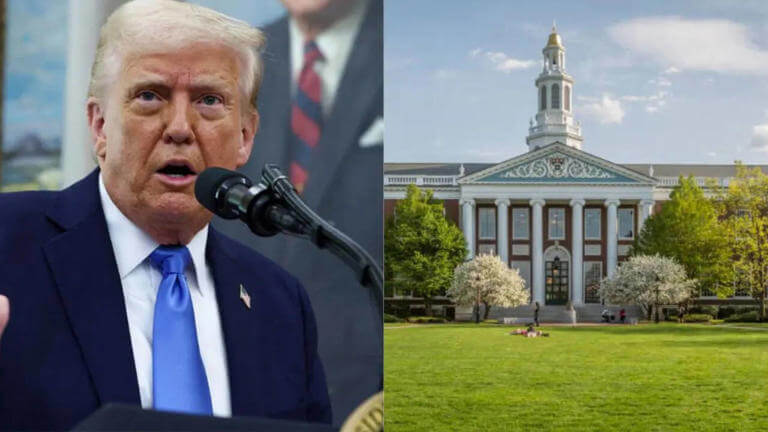
.jpg)
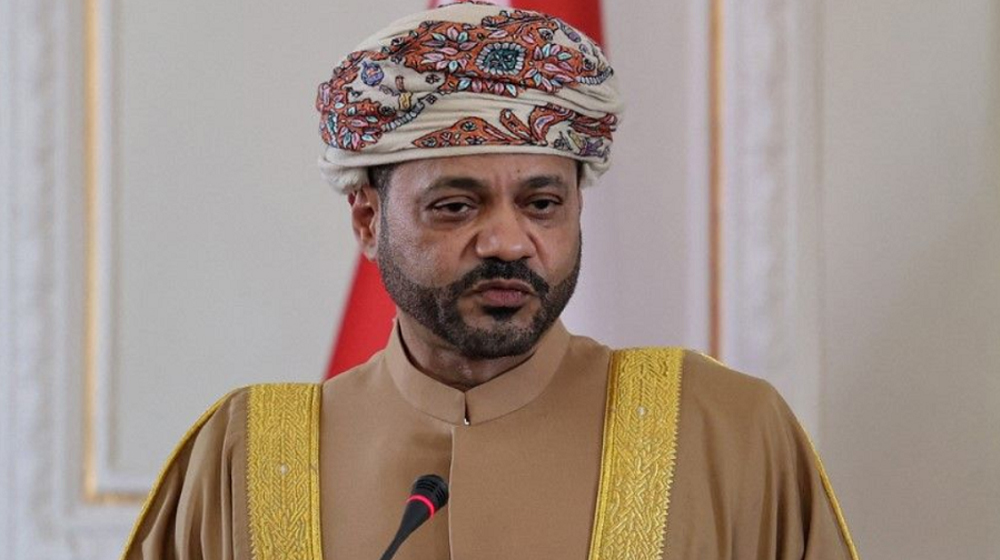
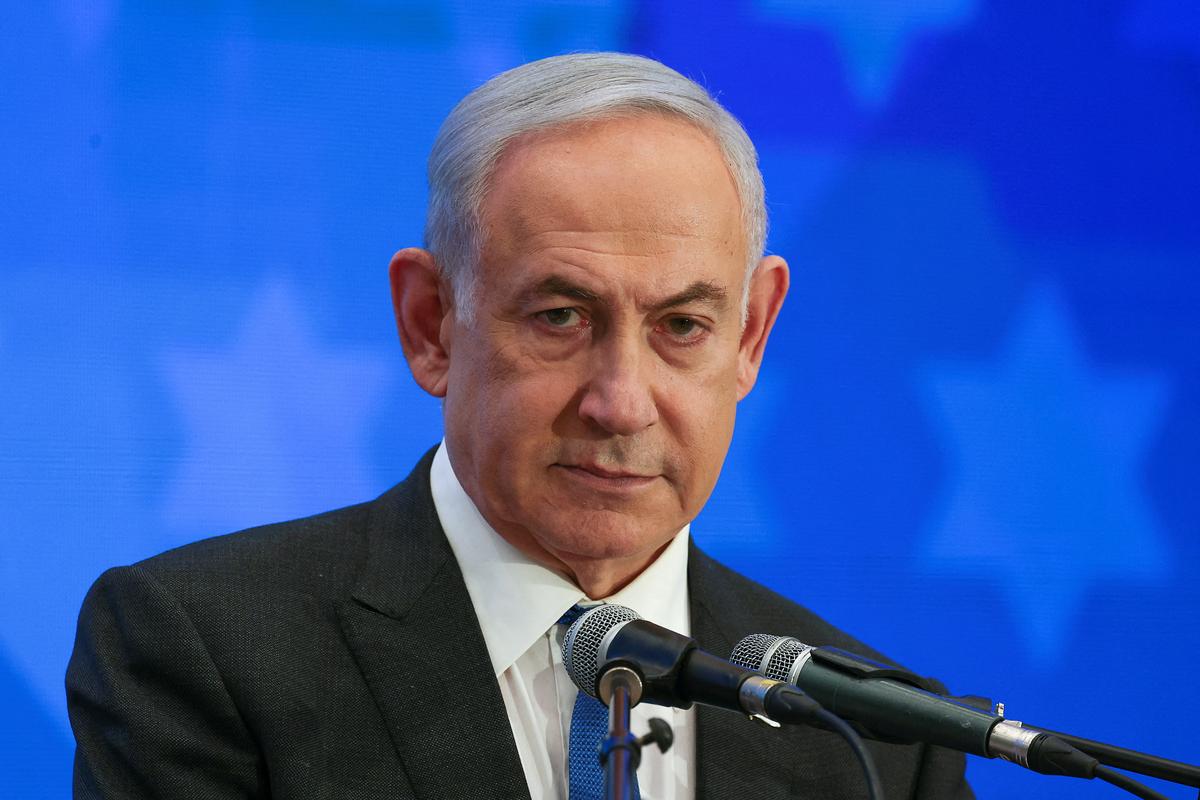
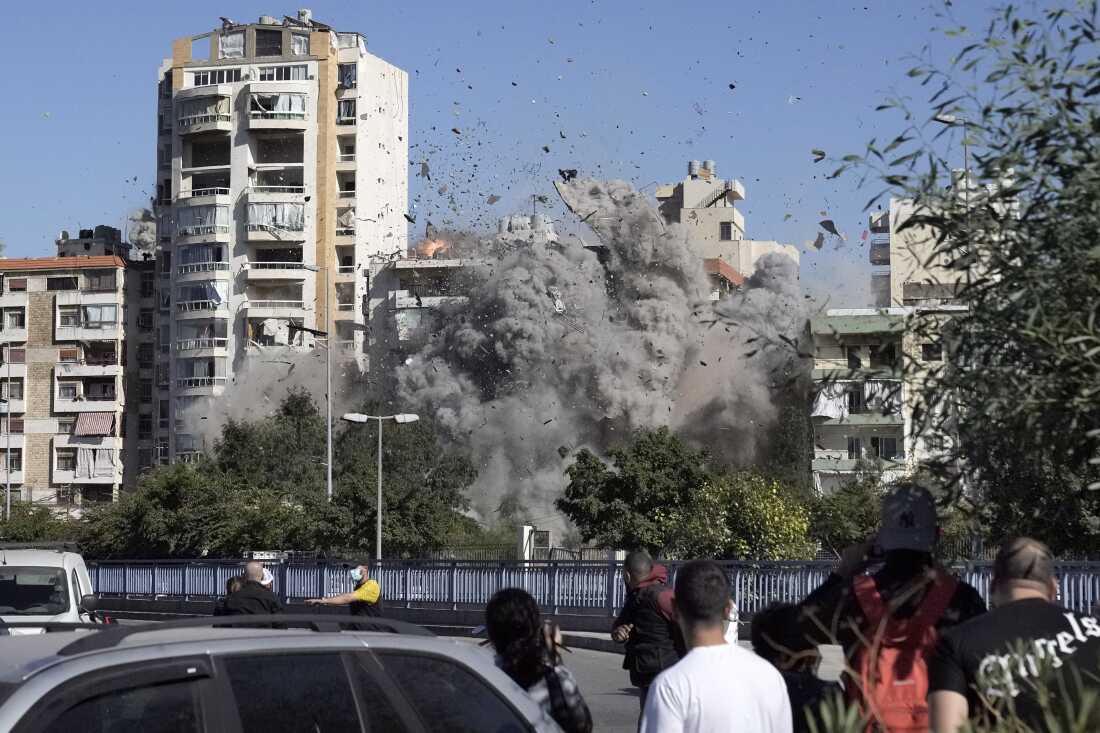

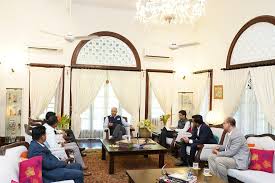
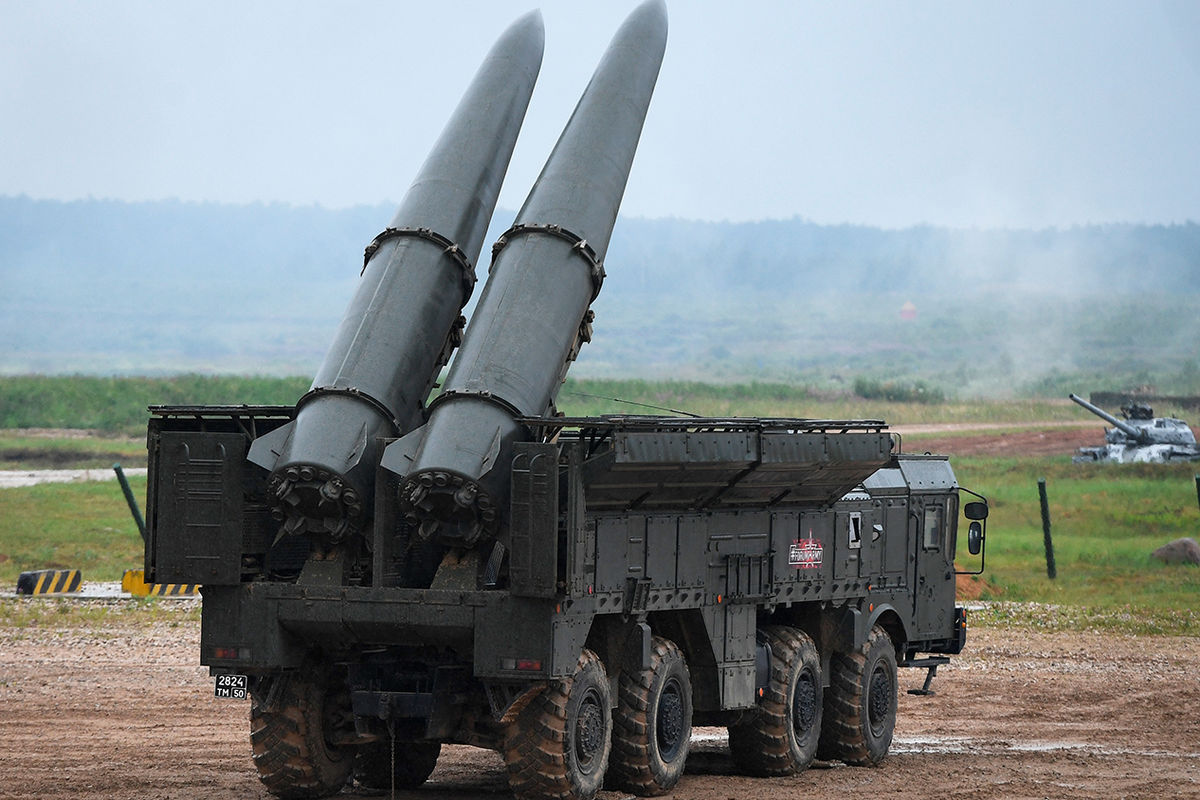
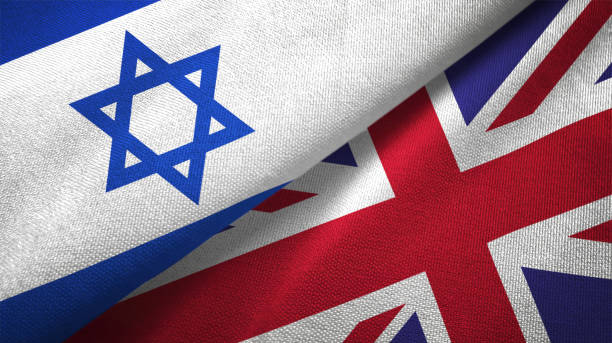
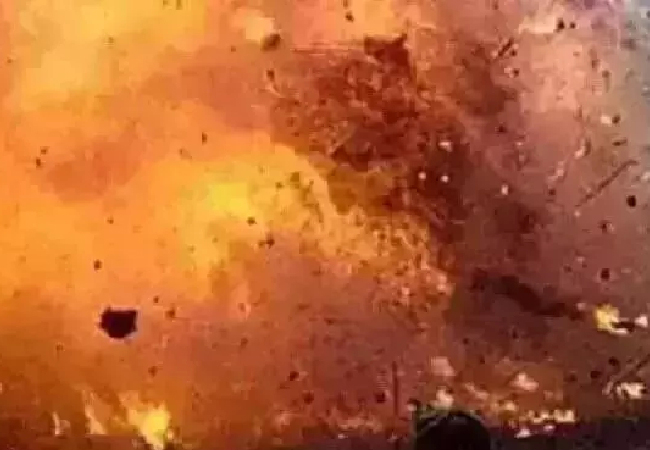
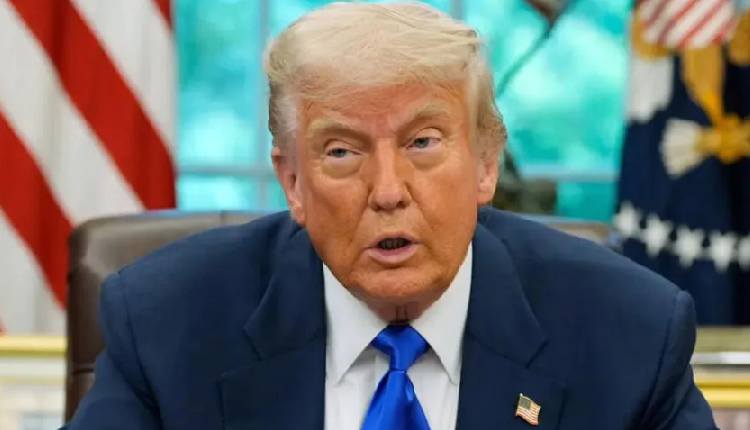
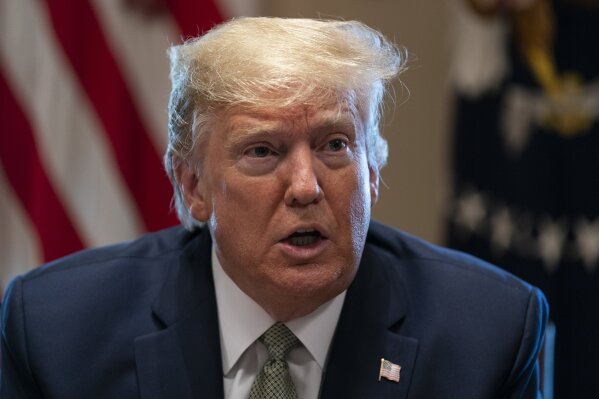
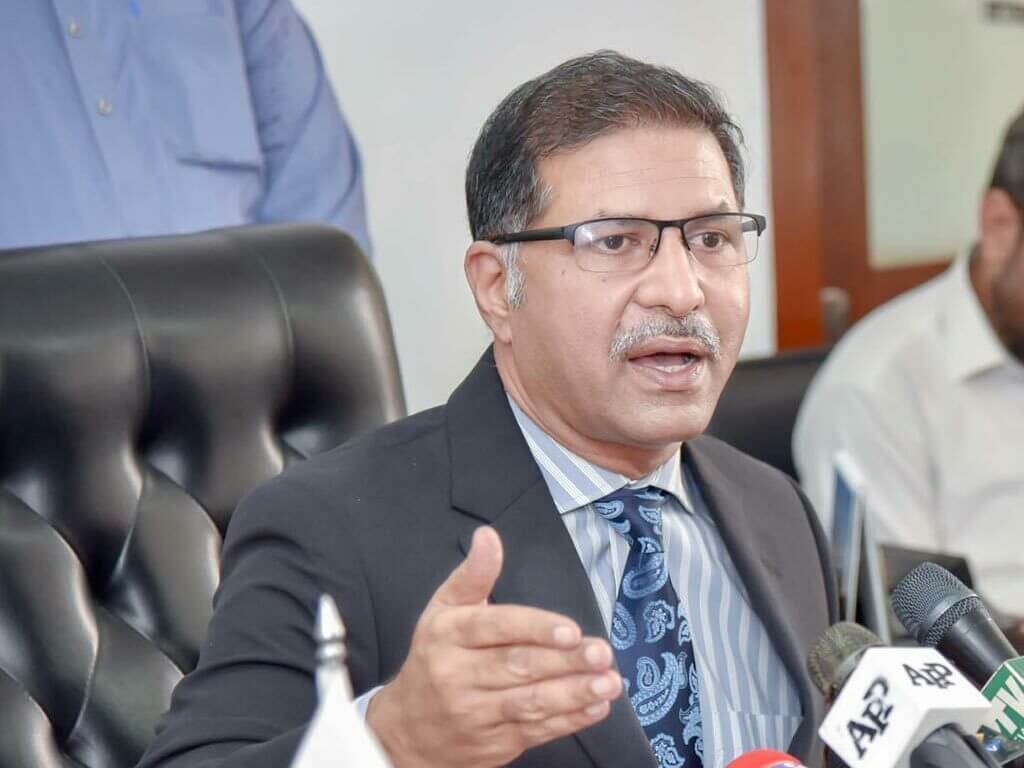

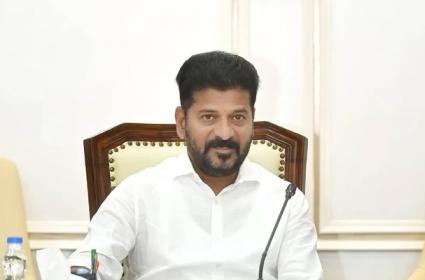
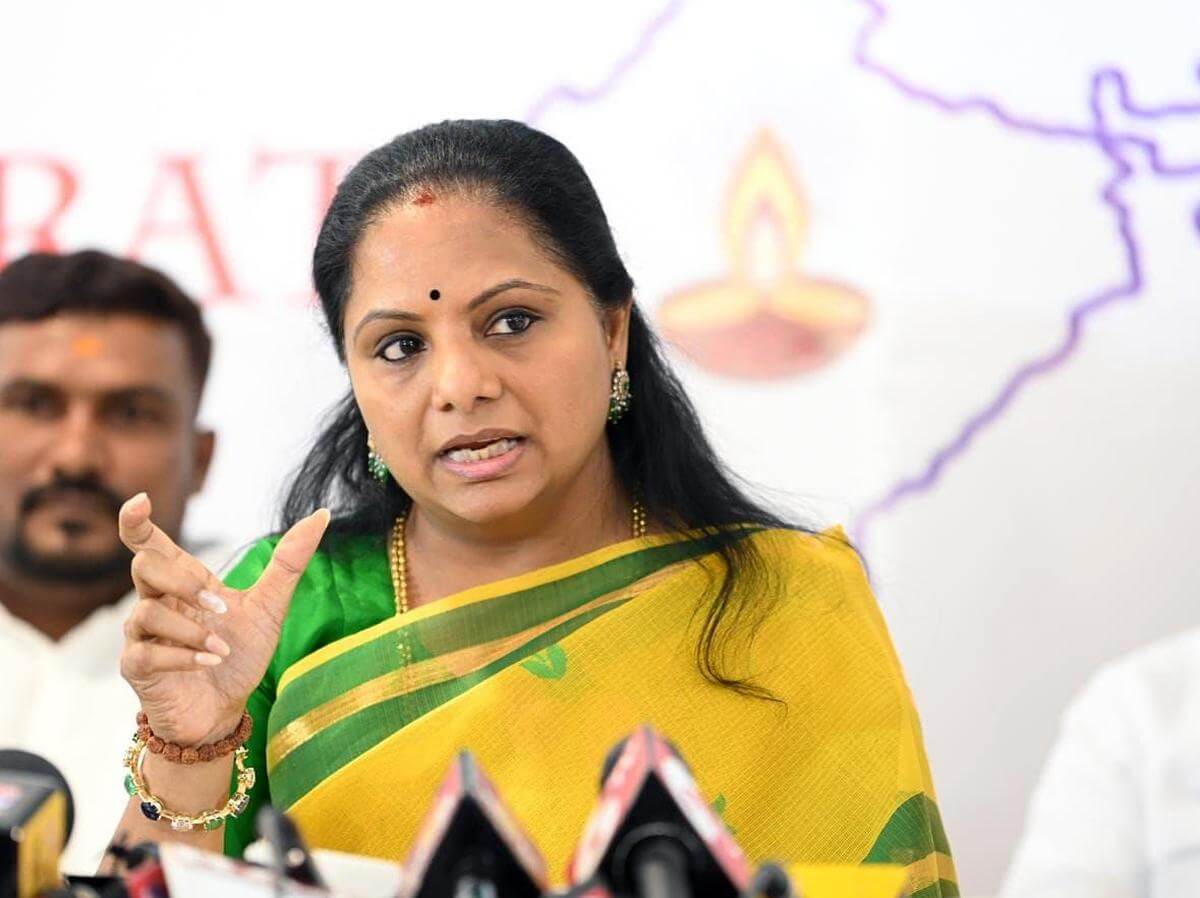
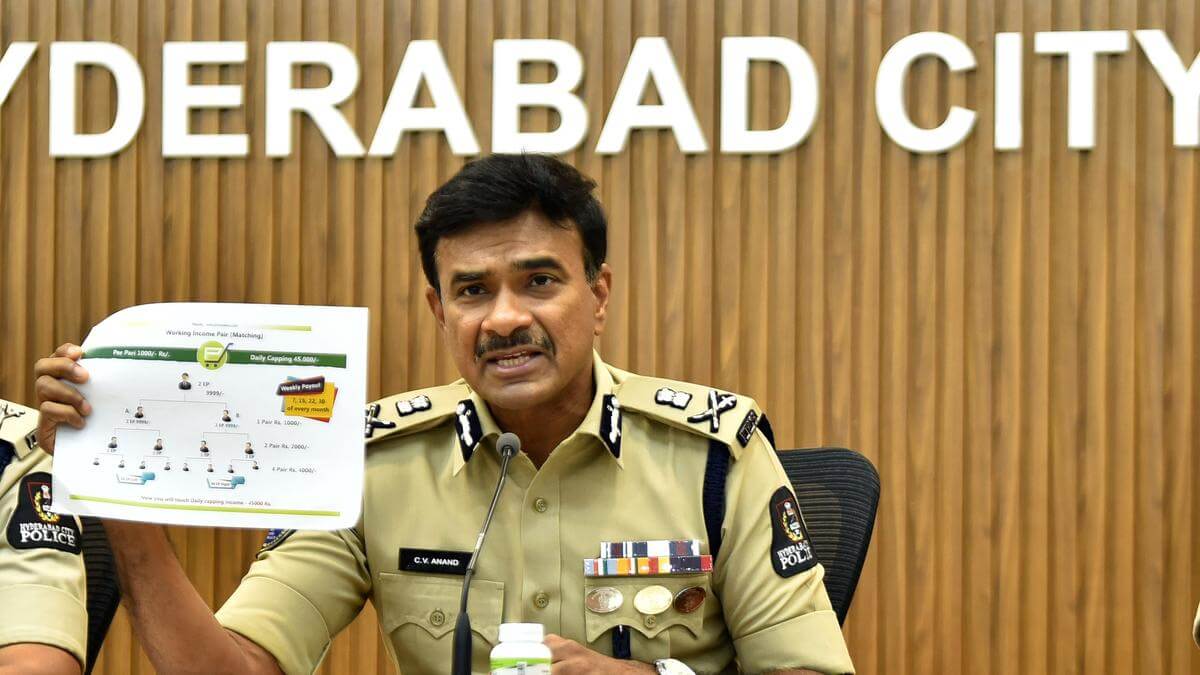
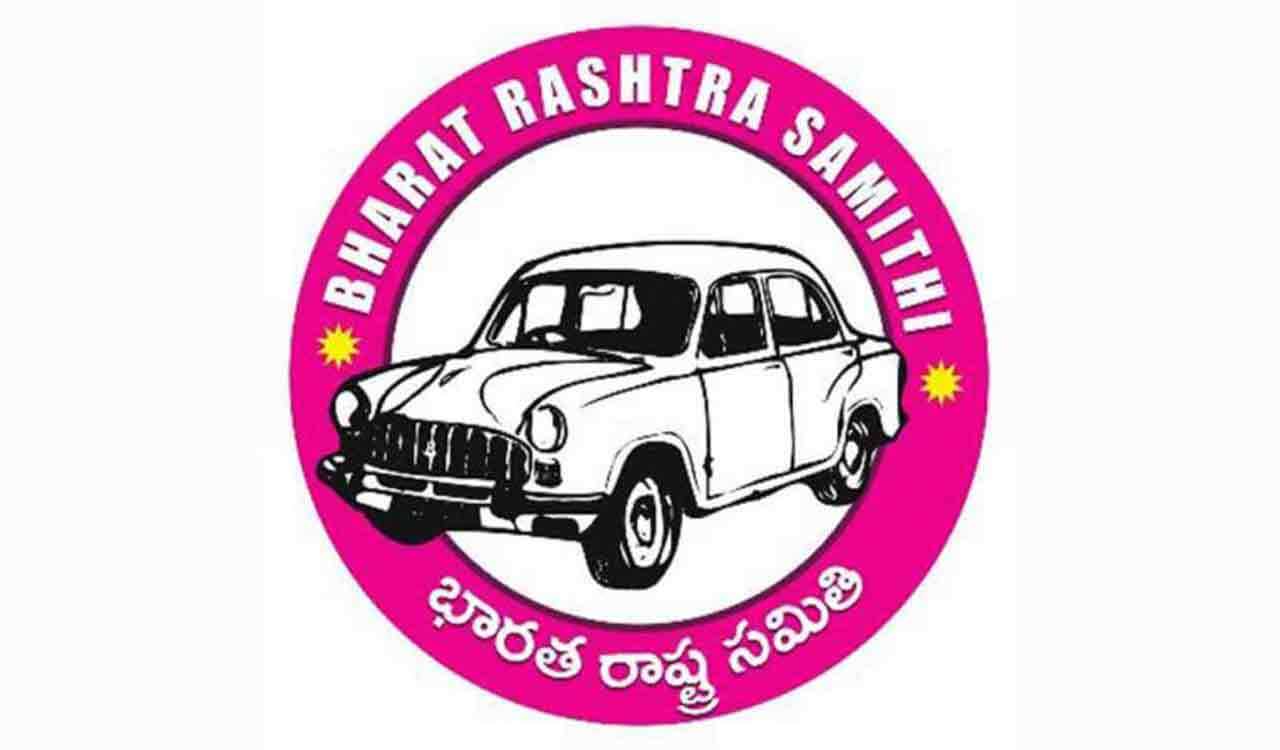

.jpg)
.jpg)
.jpg)
.jpg)
.jpg)




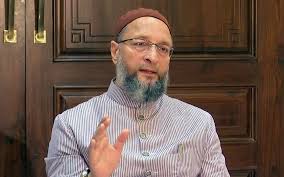
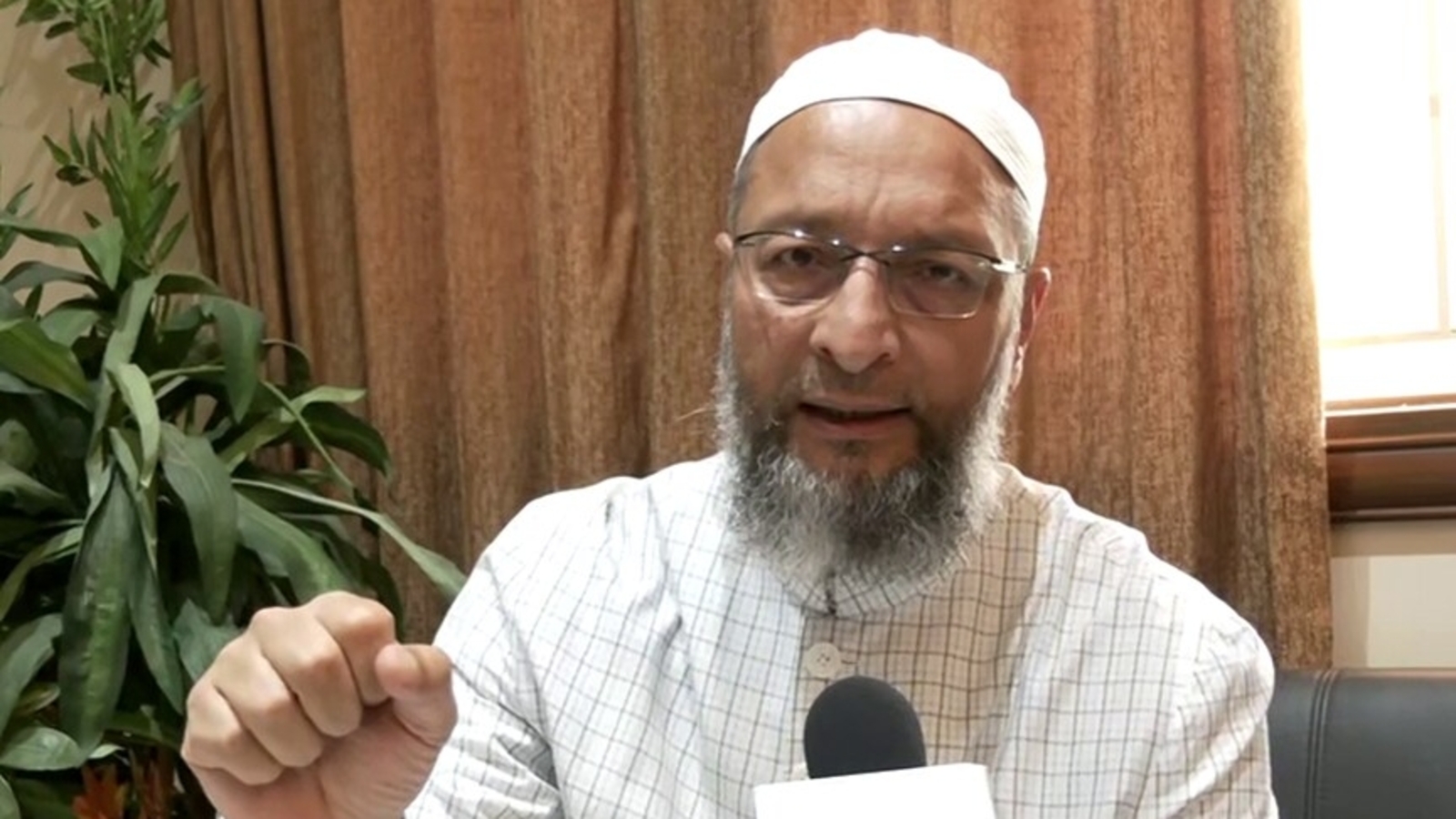
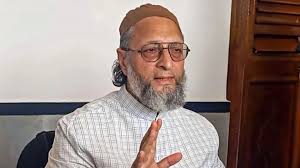
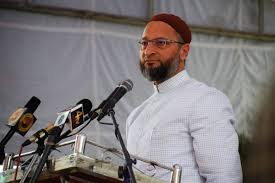




.jpg)




